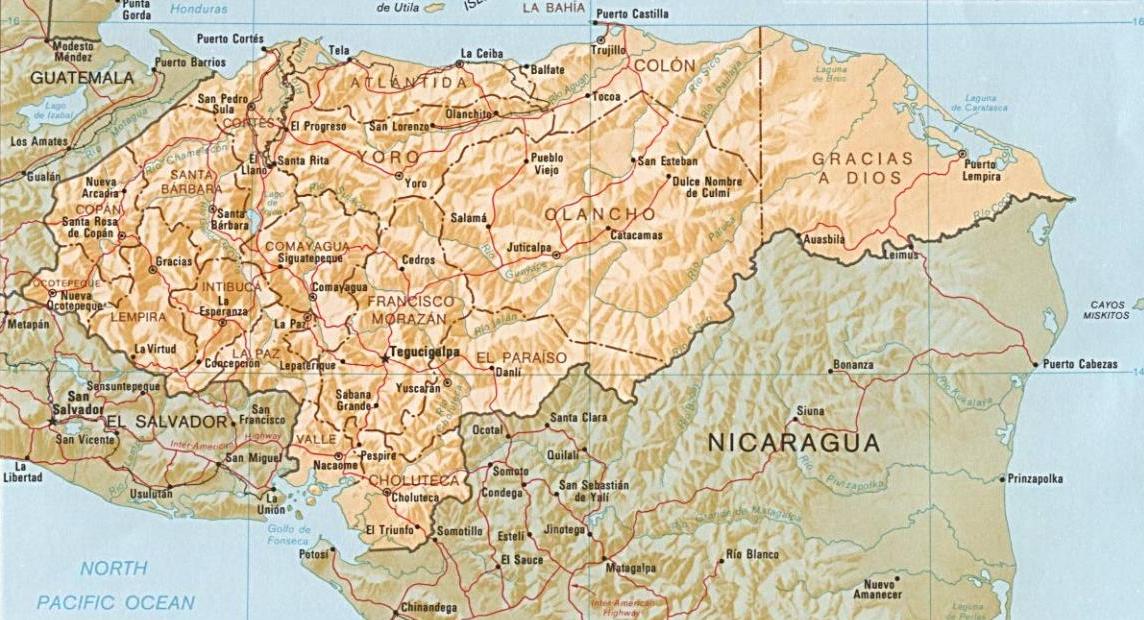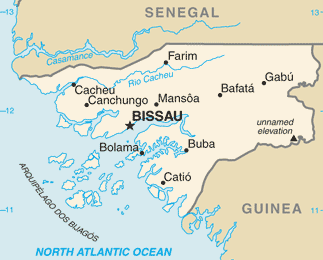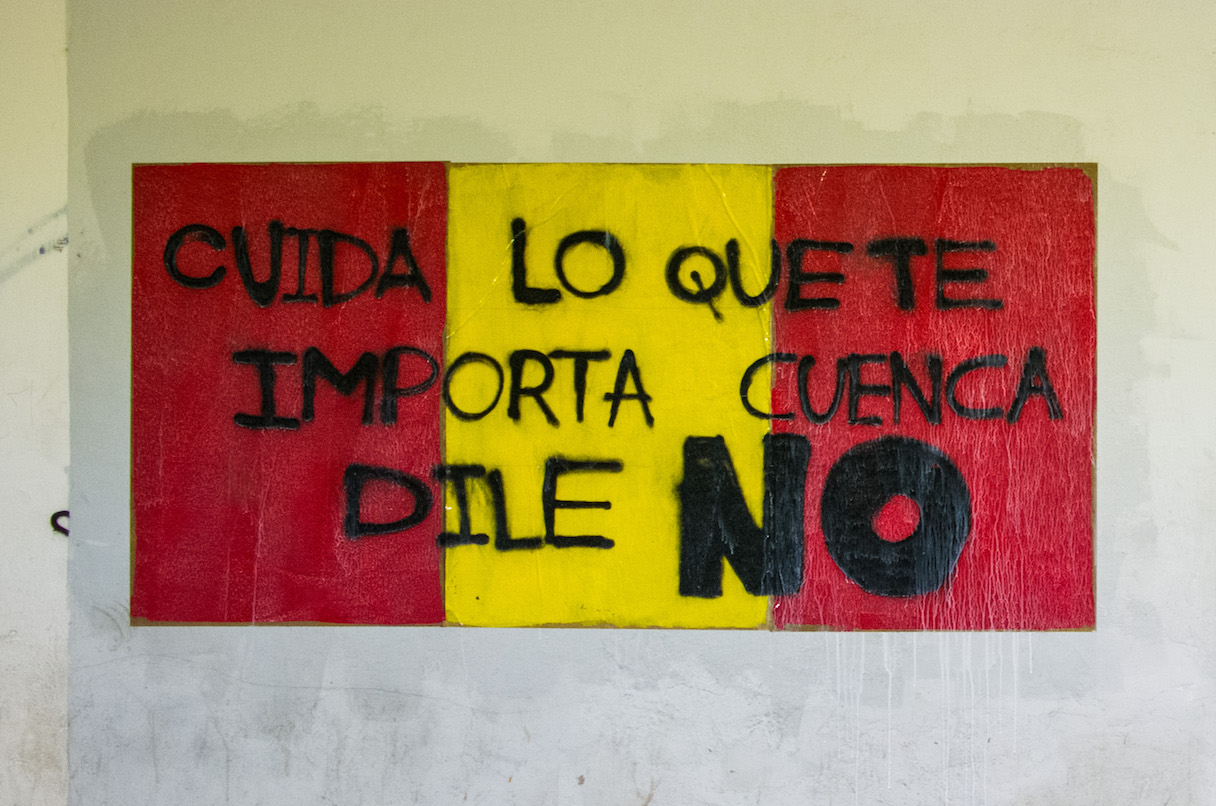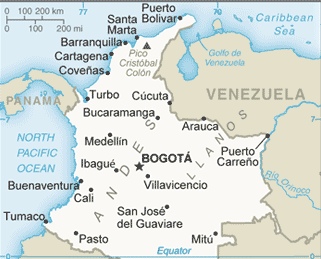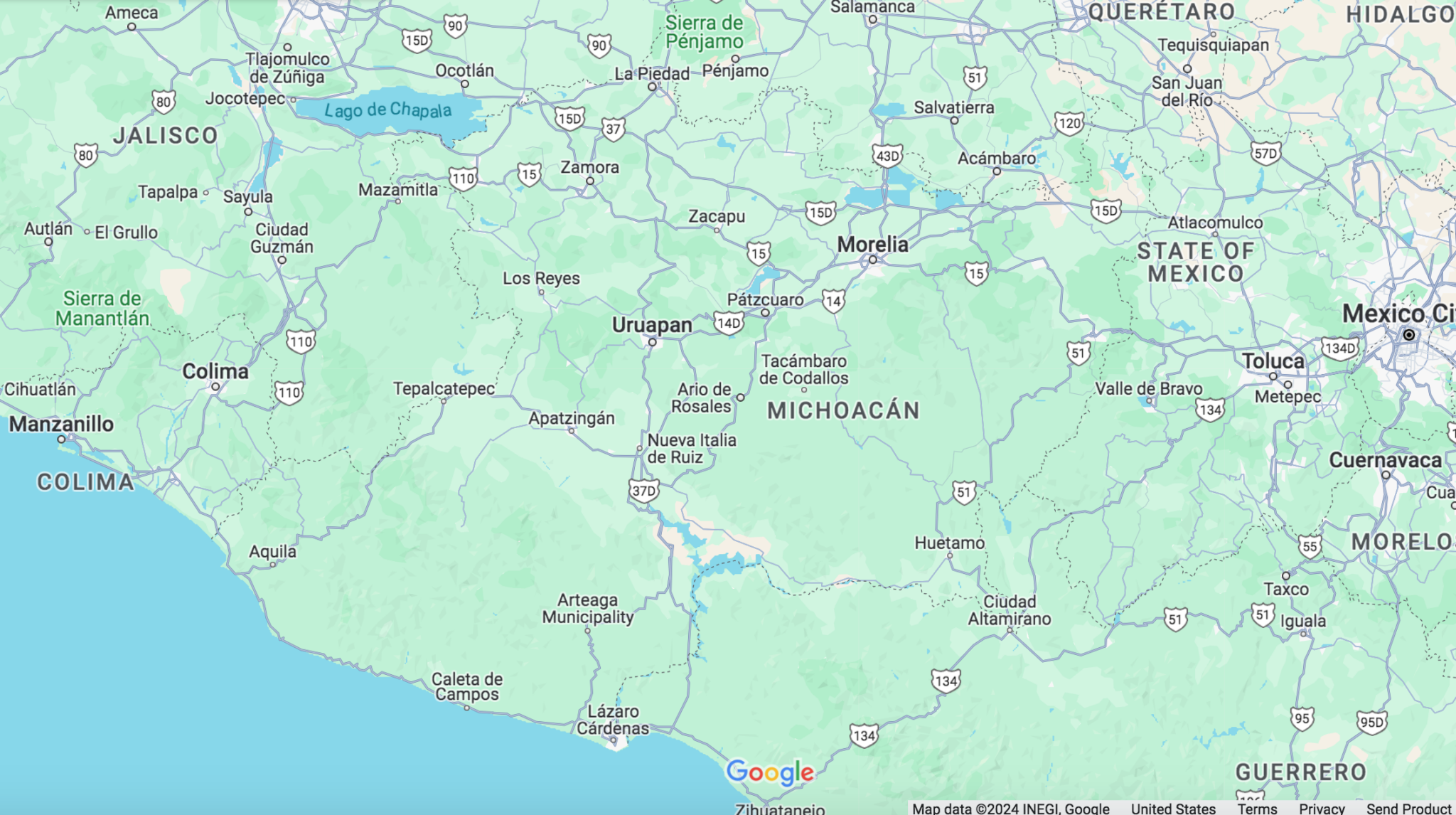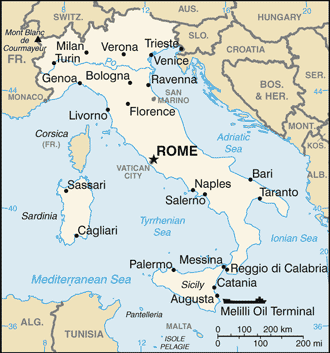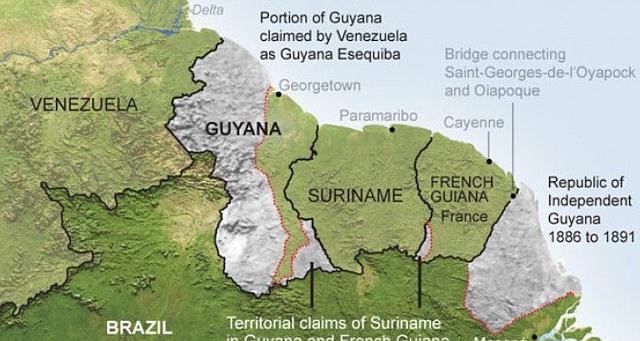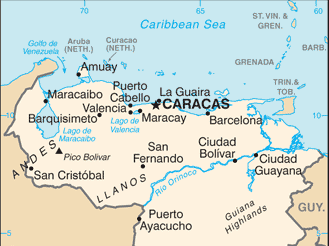
Trump announces plan to ‘run’ Venezuela
Trump announced that the US would “run” Venezuela, following a strike on the country that led to the capture and transfer to the US of President Nicolás Maduro and his wife, First Lady Cilia Flores. In a press conference at his Mar-a-Lago estate, Trump emphasized the recent decline of Venezuela’s oil industry, stating that US oil companies would spend billions to repair the country’s infrastructure and bring in foreign exchange. Claiming to be acting in the interest of bringing “peace, liberty and justice for the great people of Venezuela,” he added that the US would be prepared to “stage a second and larger attack” if necessary. Maduro’s vice president Delcy Rodriguez, now sworn in as interim president, has offered no indication of acquiescence in Trump’s plans. (Map: Perry-Castañeda Library)




